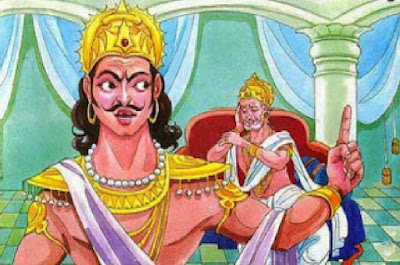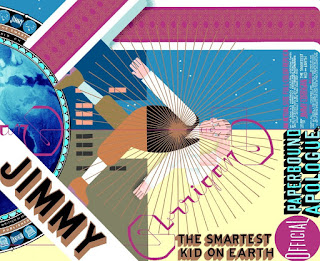(Extra Credit) Reading Notes: Narayan's Mahabharata, Part B
In this section of the Mahabharata, I found the central conflict -- the games of dice against Shakuni -- to be infuriating. First that Yudhishthira did not object more to the use of Shakuni as a proxy by Duryodhana for the gambling, second that Shakuni very certainly cheated, and third that Yudhishthira did not have the self-control to stop gambling or the awareness to challenge Shakuni's improbable streak of wins. Also, that Yudhishthira was willing to gamble away his family bothered me a lot.
The exile -- its length and its implications -- are very reminiscent of the Ramayana. The group of heroes leave for a period of some 12ish years and return to vanquish their enemies (but I guess I am assuming this is how the Mahabharata ends). I still find the even(ish) sharing of the narrative between the brothers, giving them each some time in the spotlight, is odd but nice, since we get to see each of the characters grow. Well, all but the twins. They seem to have been forgotten by Yudhishthira and Bhima and Arjuna. Also, I'm not sure how these brothers are going to remain hermits and not interact with Draupadi as she's with her husband of the year. Seems like they'd all live in pretty close proximity.
All in all, I am starting to get a better grasp on who the characters are in relation to each other. The gods appear in greater frequency and diversity than they did in the Ramayana, so I think that the Mahabharata really is ramping up the divine intervention so that it plays a large role in the coming, final battle. But I may be wrong.
Yudhishthira looks like Anthony Davis. Poor guy. Source.
Bibliography: Narayan, R.K. The Mahabharata.


Comments
Post a Comment